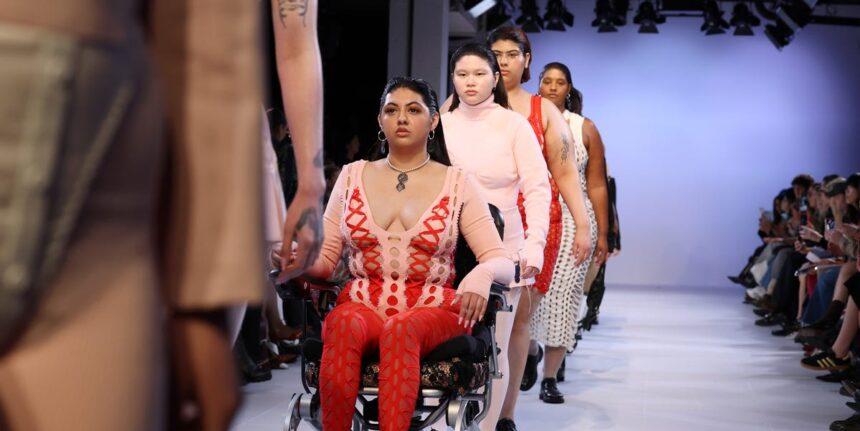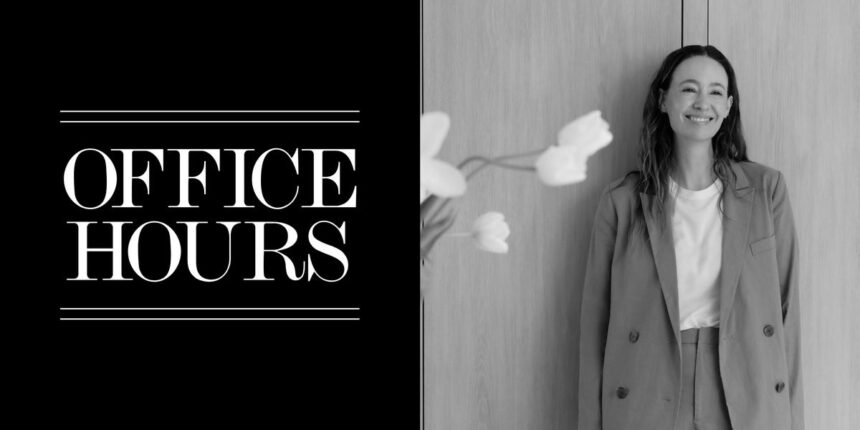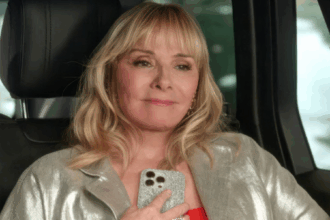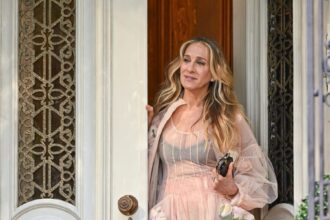Dating and relationships can be a challenging experience for disabled women, who often face outdated and harmful attitudes towards disability. In 2025, disabled women still encounter myths and misconceptions, such as the belief that they are not interested in romance or sex, or that a partner would be a ’saint‘ for being with them. These attitudes can be pervasive in all areas of life, from dating apps to public spaces. Despite progress in many areas, the issue of relationships remains a persistent challenge for disabled women.
Research has shown that only 5% of non-disabled people in the UK have ever asked out or been on a date with a disabled person. Even younger generations, such as Gen Z, struggle with accepting and dating someone with a disability. This lack of inclusivity and understanding can have a significant impact on how disabled women are treated in society as a whole, affecting access to services and healthcare. The stigma around disability and relationships further perpetuates the inequality faced by disabled women in various aspects of their lives.
The silence and negative stereotypes surrounding disabled women and relationships can have a lasting impact on their self-perception and future aspirations. The lack of representation in media and popular culture further adds to the isolation and marginalization experienced by disabled women. However, there is hope in the stories of women who have found love and happiness despite the obstacles they face. These women have shown resilience and strength in pursuing meaningful relationships that enrich their lives.
It is time for society to change its perceptions and attitudes towards disabled women and relationships. Intrusive questions and barriers to access must be addressed in order to create a more inclusive and equal society for all. Disabled women do not need to change to be deserving of love and respect; it is society that needs to evolve and embrace diversity. By amplifying the voices and experiences of disabled women, we can work towards a more inclusive and accepting world for everyone. Through education and advocacy, we can challenge stereotypes and build a more equitable future for all individuals, regardless of ability.







